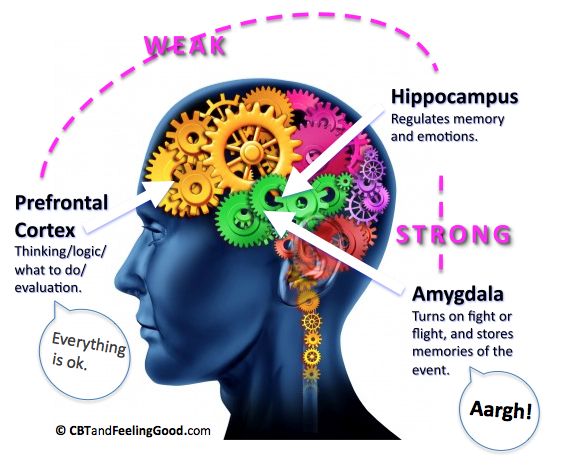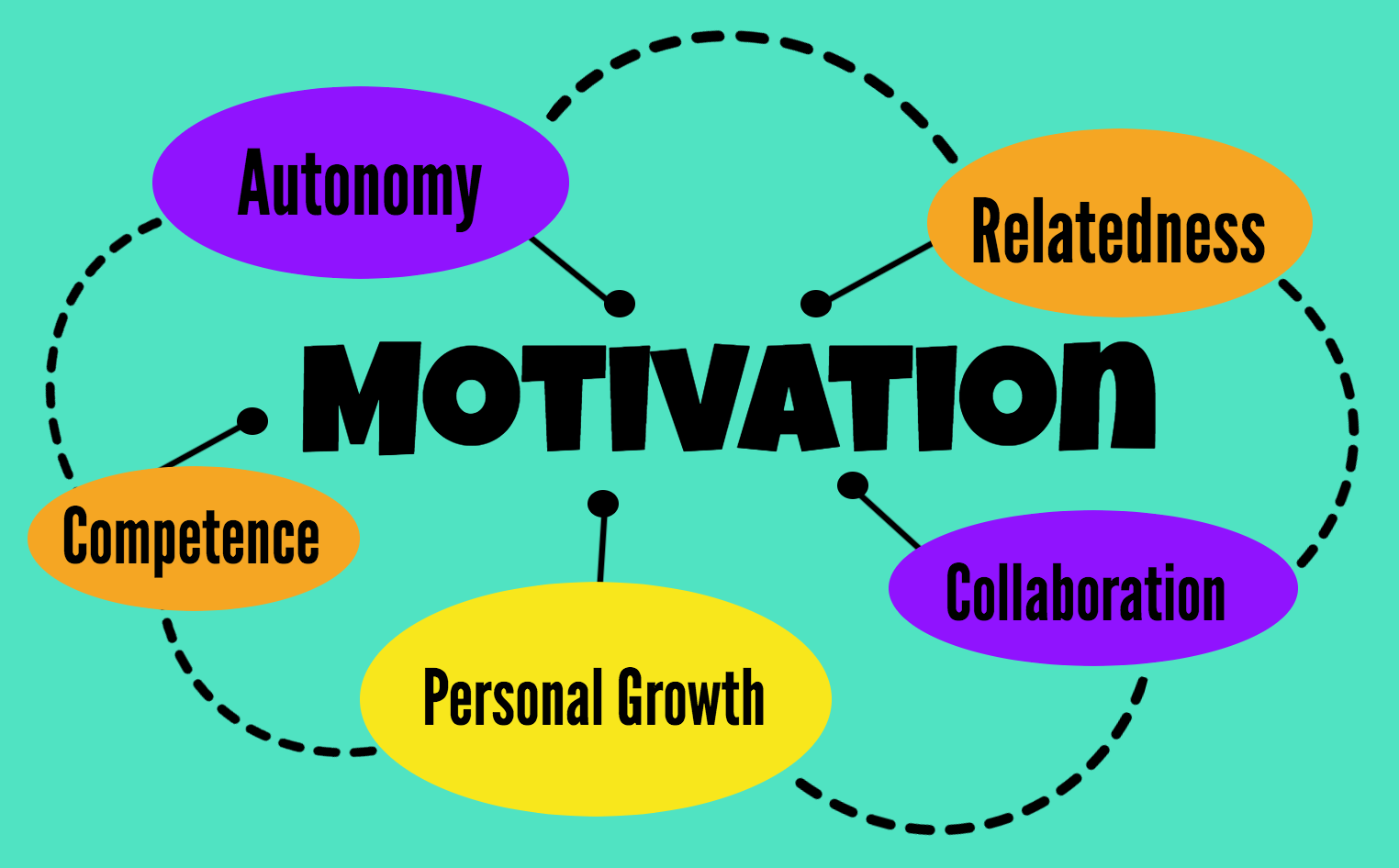You’re being interrupted every three minutes to handle something urgent. You have a report that’s due at the end of the day. But your coworker just called you into a meeting that will “just be a minute.” When you get back, you just have to send a quick email. After you start on that email, another coworker asks you to jump on a client call.
You don’t think you’re procrastinating because you’re busy every moment. But just because you’re super busy doesn’t mean you’re being productive. You’re actually guilty of a subtle form of procrastination known as priority dilution. This means you are distracted from focusing on your most important work. But it’s not your fault that you’re getting consumed with all these small disruptions. Your brain is actually hardwired to handle them. Here’s the science behind managing the small disruptions so you can be more productive.



